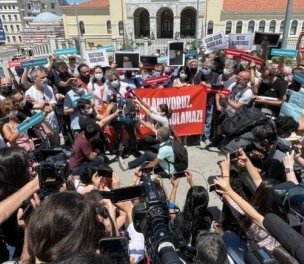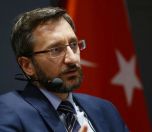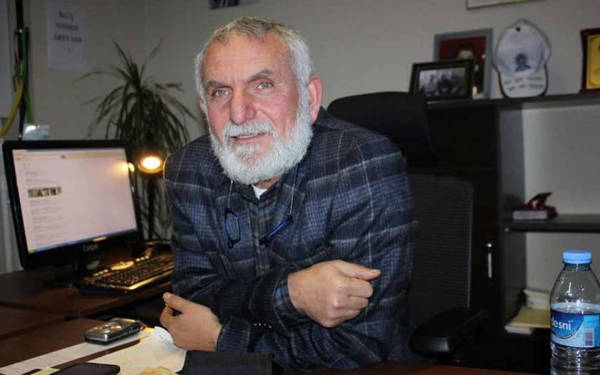Click to read the article in Turkish
"In order for journalism to continue, the costs of news must be met and it must be supported for this. Readers' support, funding or another formula... What matters here is transparency."
Prof. Süleyman İrvan from the Üsküdar University Faculty of Communication has spoken to bianet about the recent debates on "foreign-funded" media outlets in Turkey. Putting an emphasis on transparency, Prof. İrvan has recalled that similar debates came up in the early 2000s, when bianet was founded. İrvan has indicated that the motives of the foreign organizations offering funds are questioned in such debates.
Noting that bianet was one of the first "funded" media outlets, the academic has said, "bianet is a platform that survives with these funds and I think that it is one of the most important examples in Turkey."
Süleyman İrvan has also noted that people's point of view is mostly focused on the questions of "Why do the funding institutions give so much money? Do they have secret motives?." According to Prof. Süleyman İrvan, such a point of view and debates harm journalism.
'How will independent journalism continue?'
İrvan has emphasized that the ones who question this situation are the ones who do not know how the systems of the funding organizations work:
"There are several funding organizations around the world. States and foundations, including the European Union (EU), can give funds. Institutions offer funds not in a single area, but in several areas and for certain works. It is done through projects. No institution says, 'Come on, let me fund you.' They want you to develop projects and to make an application."
Recalling that there are several journalism initiatives founded and surviving thanks to funds, İrvan has briefly added the following:
"Yesterday, I watched the program of Canan Kaya from Medya Koridoru via YouTube on her social media. She is trying to keep a program going and doing journalism on her own.
"There are several newspapers and journalists like her. How will they survive? How will they do independent journalism? How will they ensure continuity? Today, it is not possible to do all these without support.
'What matters here is transparency'
"In my opinion, what matters here is the following: Why does the funding institution give this money? Is the fund in question transparent? Does the funder have any control over the content? Is there any editorial pressure? Does it see or want to see the content to be published beforehand? Or does it make such requests as removal of content when it dislikes it?
"Otherwise, if you develop a project and ask for a fund by saying, 'I want funding to do this', 'I will do independent journalism' and 'I will make such and such news', there is no problem with this, I think.
"If you do the job that you undertook to do and if the funding institution does not interfere with this, I do not see any ethical problem here.
"After all is said and done, someone has to support journalism. Someone has to meet the cost of this. Readers' support, funding or another formula... What matters here is transparency.
"If a media outlet receives funds, it should openly declare it. It should explain under what conditions the fund is received and it should act accordingly. If there is any interference, the public must be informed about this. What matters is journalism and the continuity of journalism.
"Because in these conditions, it is not easy to keep on doing journalism, especially independent journalism.
"Public funding is already not channeled to independent journalists or to the institutions having a critical stance, but to other places.
"What will independent newspapers do? What will the journalists excluded from the mainstream do? They will either quit journalism or they will try to keep on doing journalism by finding sources of income by funds."
'It contributes to heavier sanctions'
Referring to the news reports about the "foreign-funded" media in Turkey as ill-intentioned, Prof. İrvan has found it "ridiculous" that this situation has been opened to debate as if it was something new.
Concluding his remarks, Prof. Süleyman İrvan has said, "In fact, it does not contribute to the development of journalism. What does it contribute to? To the heavier sanctions to be introduced by the state. It is the independent journalism that will be stifled."
CLICK - BIA Media Monitoring Reports
CLICK - Media Ownership in Turkey
(HA/SD)







as.jpg)






